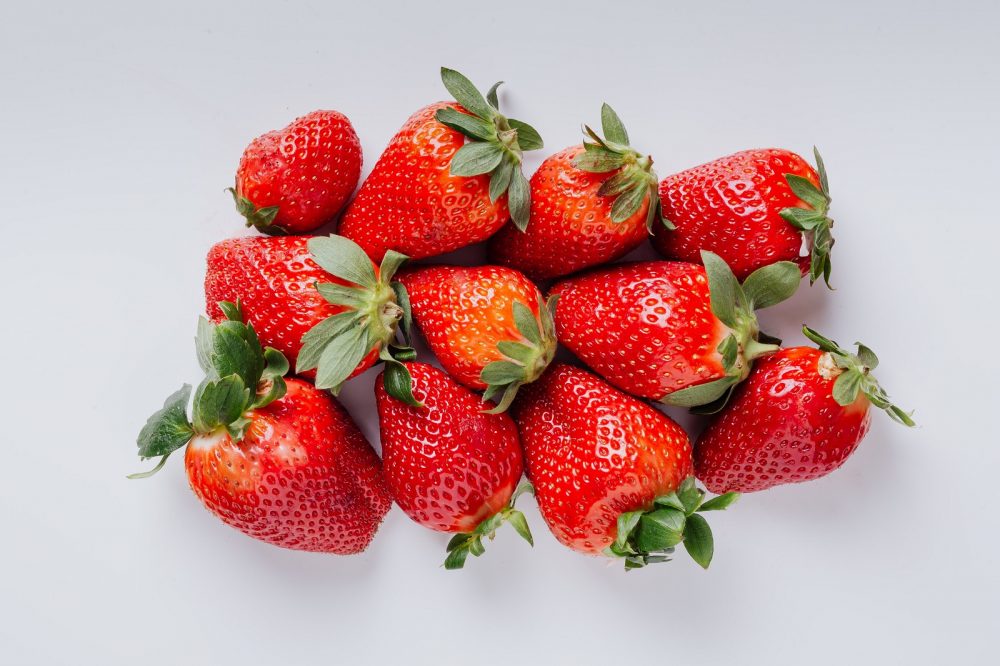The best seasonal fruits and vegetables for spring

The arrival of springtime brings changes to our environment and social habits that can pose a challenge to our health.
While people typically look forward to the start of spring and end of winter, this seasonal change can have profound mental and immunological effects. To counter this, nature also provides us with beneficial nutrients in seasonal fruits and vegetables.
The effects of springtime on our bodies
Replacing the cold and dark of winter with the colour and liveliness of spring can brighten many moods. However, springtime is a season that brings many challenges to our immune system, most notably via allergies. Other seasonal threats to our health include:
- Sleep alterations and daytime fatigue.
- Lack of appetite.
- Increased irritability.
- Decreased libido.
A good diet will make us stronger
Nature’s production of fruits and vegetables multiplies exponentially during springtime, and we should take advantage of this circumstance. Spring vegetables of nutritional value include:
- Lettuce
- Asparagus
- Green beans
- Broad beans
- Peas
- Broccoli
- Cauliflower
- Chard and spinach
- Cabbage
As for fruits, these predominantly start to appear between April and June, and are also immensely beneficial for our health. These include:
- Kiwis
- Lemons
- Strawberries
- Peaches
- Apricots
- Cherries
- Plums
- Avocados
- Raspberries
- Figs
- Pears
The benefits of seasonal fruits and vegetables
Stone fruits, such as peaches, plums and apricots have high levels of beta-carotene content from which they obtain their orange-yellow hue. They are also rich in vitamin A, B1, B2, B6, C, phosphorous, magnesium and potassium. Stone fruits will help keep our skin healthy, promote healthy nerves and muscles, boost our immunity, improve our eyesight, encourage healthy digestion, and strengthen bones and teeth.
Red fruits such as cherries, raspberries and strawberries are rich in antioxidants and vitamins C and E. Red fruits will help protect against cancer, fight heart disease, boost our immune system, protect against harmful free radicals, lower our blood pressure, lower bad cholesterol, and boost our digestive system.
Beans and legumes, such as lentils, peas and garbanzos are rich in fiber, protein, vitamin B9, manganese and iron. This family of foods help reduce cholesterol, lower the risk of heart disease and cancer, reduce blood sugar and insulin, and improve digestion.




